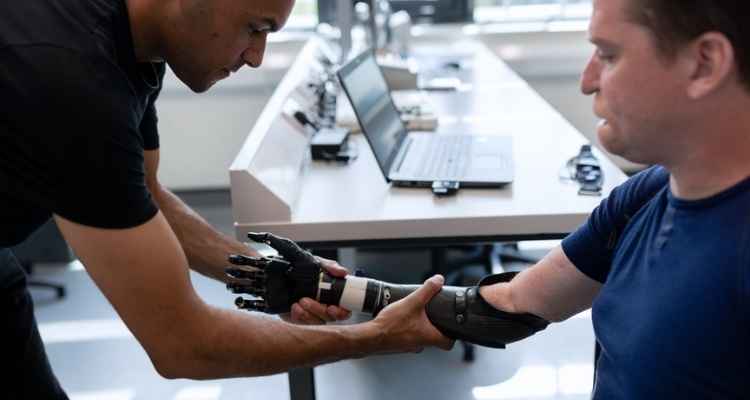There are many different types of therapy, each with their own benefits. Some people might find cognitive behavioral therapy helpful for easing mental health concerns. Others might turn to respiratory therapy or occupational therapy to help overcome difficulties caused by various medical conditions. Still others might benefit from animal-assisted therapies, such as equine therapy, for both physical and emotional improvements. It’s important to find the form of therapy that is right for you.
Cognitive Behavioral Therapy
Cognitive behavioral therapy (CBT) is a type of therapy that focuses on the relationship between thoughts, feelings, and behaviors. A CBT therapist believes that how we think about things can affect how we feel and how we behave. The goal of CBT therapy is to help people change the way they think, which can then lead to changes in how they feel and behave.
CBT is often used to treat conditions like depression, anxiety disorders, PTSD, and addiction or substance use disorder. It can be a short-term therapy, or it can be used as a long-term treatment. CBT has been found to be helpful for many people.
Respiratory Therapy
There are many benefits of respiratory therapy. Respiratory therapists help people who have difficulty breathing due to a variety of medical conditions. They work with people of all ages, from newborns to the elderly. Some of the benefits of respiratory therapy include improved breathing, the treatment of respiratory conditions like asthma, pneumonia, and COPD, and improved quality of life.
Respiratory therapists can help people breathe more easily and improve their quality of life. You can even seek out online respiratory therapy to reap these benefits form the comfort of your own home.
Occupational Therapy
Occupational therapy (OT) is a type of physical therapy that helps people with physical, developmental, mental health, and emotional conditions to do the things they want and need to do through the therapeutic use of everyday activities. OT can help people of all ages who have difficulty with activities of daily living (ADLs), such as bathing, dressing, and grooming. OT can also help people who have difficulty with work, school, or leisure activities.
OT may help people who have a physical injury, a mental health condition, a developmental disability, or an illness. OT can help people to improve their strength, endurance, and range of motion. OT can also help people to improve their cognitive skills, such as memory and problem-solving skills.
Some of the conditions that OT can help include cerebral palsy, down syndrome, autism, traumatic brain injury, stroke, multiple sclerosis, muscular dystrophy, spinal cord injury, amputation, arthritis, cancer, Parkinson’s disease, and even mental health conditions like anxiety or depression.
Equine Therapy
Horses are incredibly intuitive creatures that can sense when something is wrong with their riders. This is why equine therapy is beneficial for people with mental health issues.
There are a number of ways in which equine therapy can benefit people with mental health issues. For example, horses are able to help riders to develop a sense of self-confidence and self-esteem. They can also help riders to learn how to control their emotions and to deal with difficult situations in a more positive way. In addition, horses can help riders to improve their communication skills. This is because horses will often respond differently to different riders, which teaches the riders how to adapt their communication style in order to get the best results.
Horses can also help riders to improve their focus and concentration. This is because horses are extremely active creatures, and riders need to be able to focus on what they are doing in order to avoid getting hurt.
Overall, it’s important to find the type of therapy that is right for you. You might need to try a few different therapies before you find the one that works best for you. Don’t be afraid to ask your doctor or therapist for recommendations.

